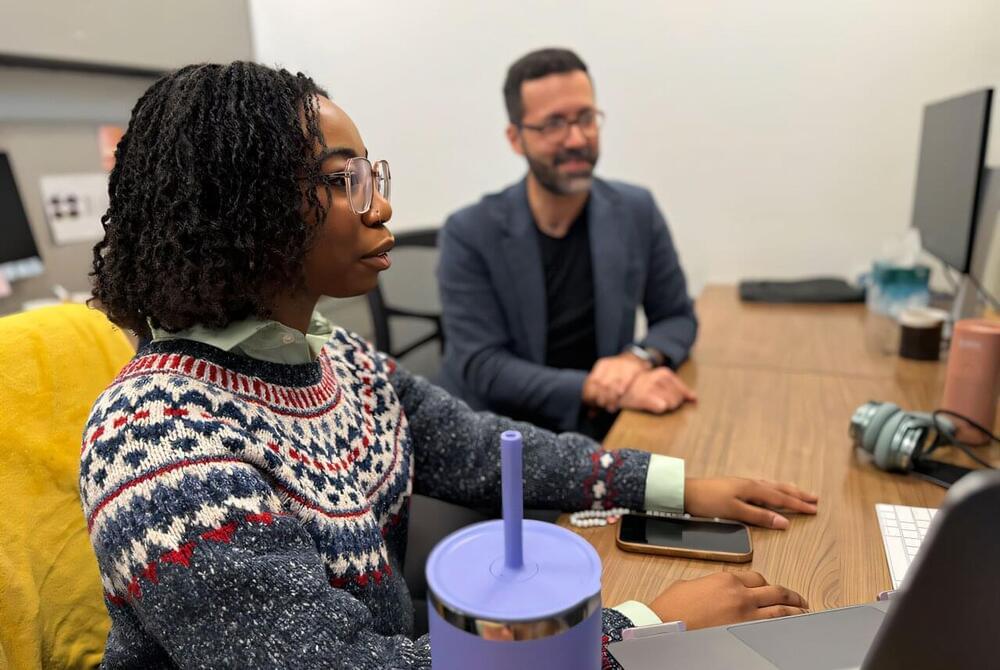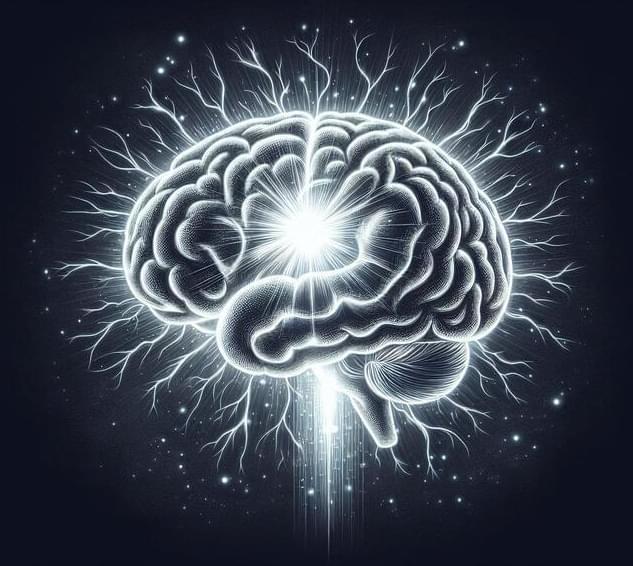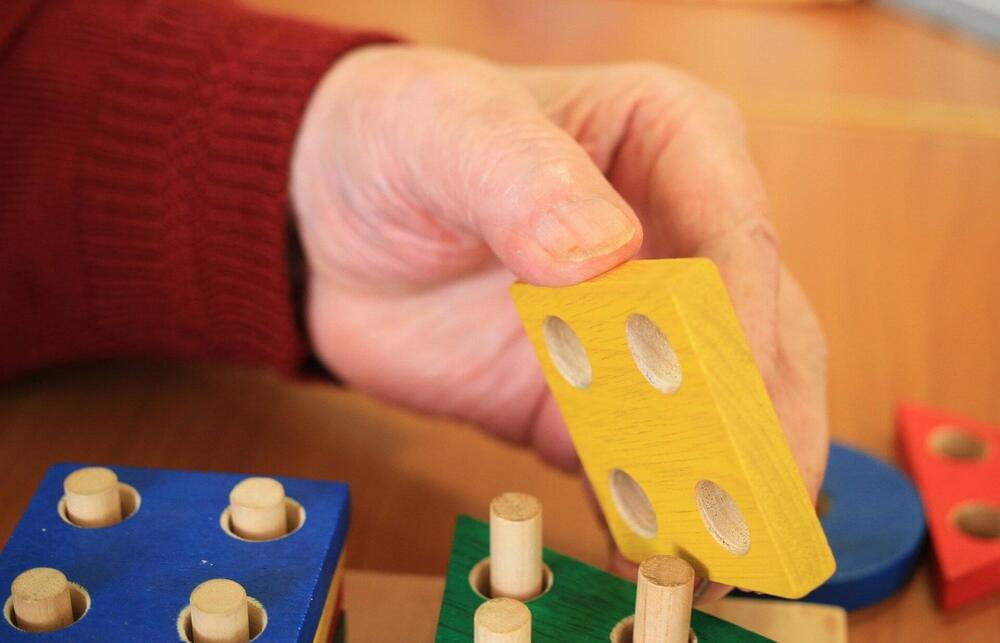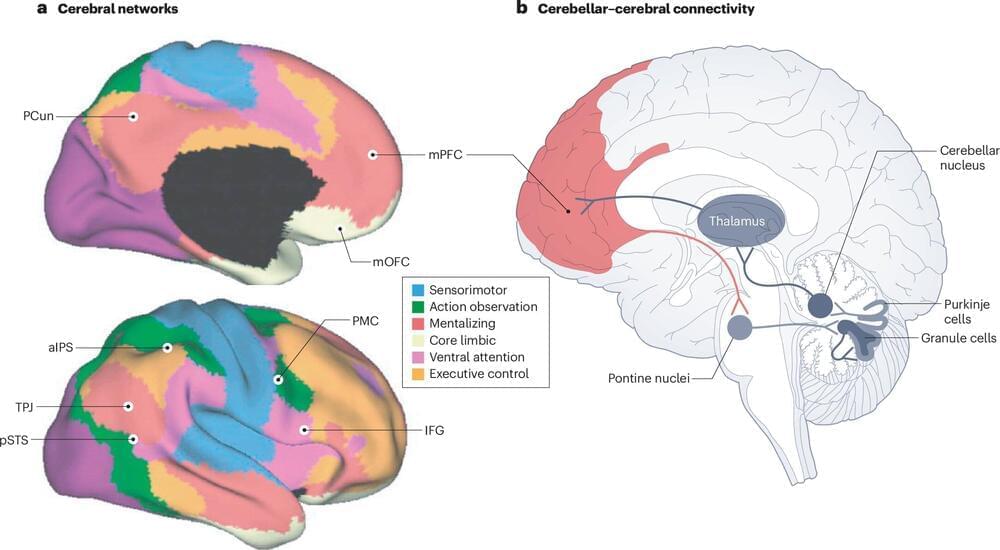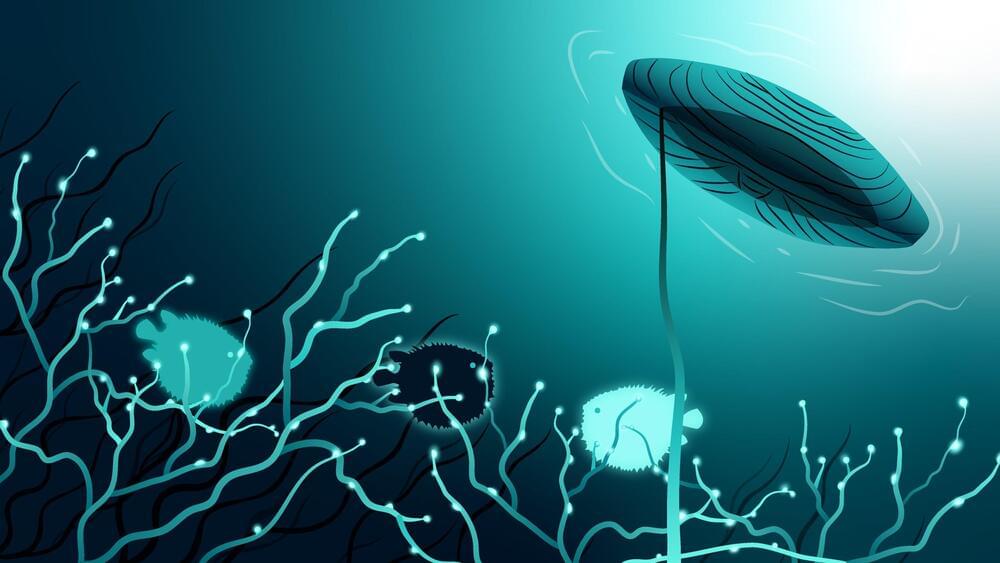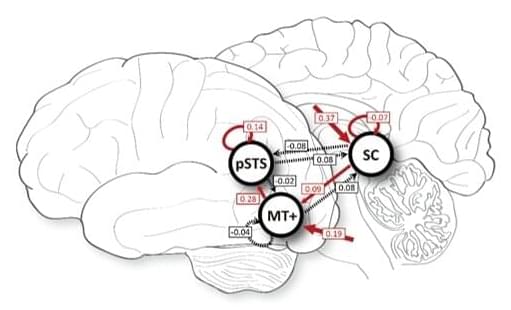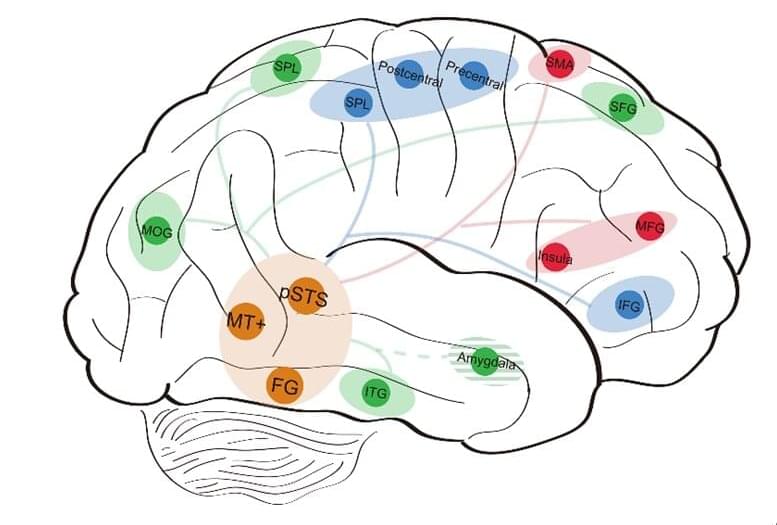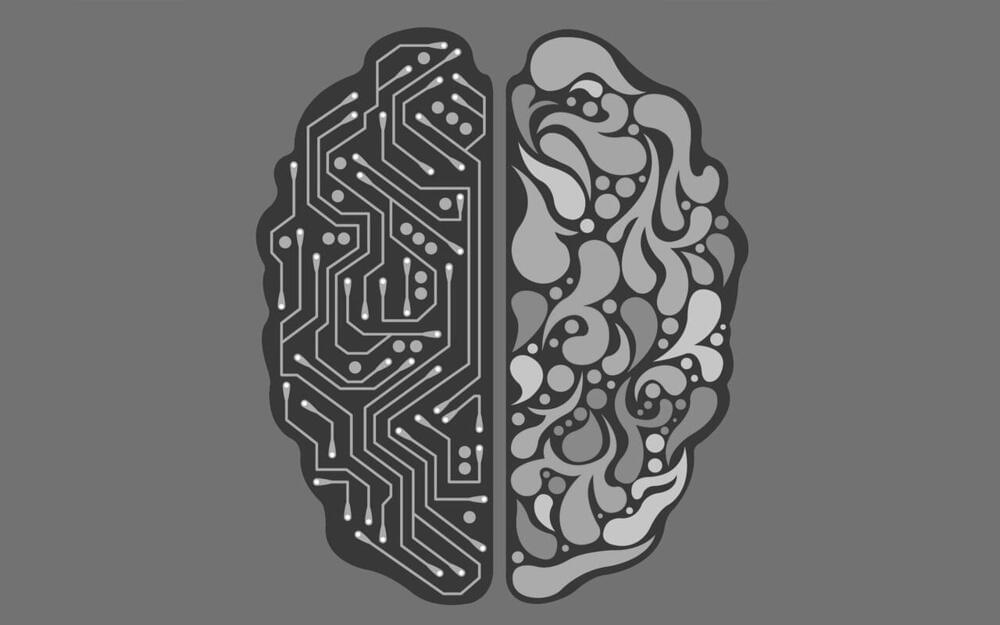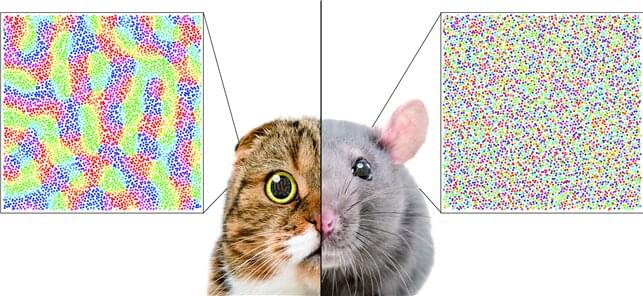Nov 23, 2024
Overthinking what you said? It’s your ‘lizard brain’ talking to newer, advanced parts of your brain
Posted by Dan Breeden in categories: biotech/medical, evolution, humor, neuroscience
We’ve all been there. Moments after leaving a party, your brain is suddenly filled with intrusive thoughts about what others were thinking. “Did they think I talked too much?” “Did my joke offend them?” “Were they having a good time?”
In a new Northwestern Medicine study, scientists sought to better understand how humans evolved to become so skilled at thinking about what’s happening in other peoples’ minds. The findings could have implications for one day treating psychiatric conditions such as anxiety and depression.
